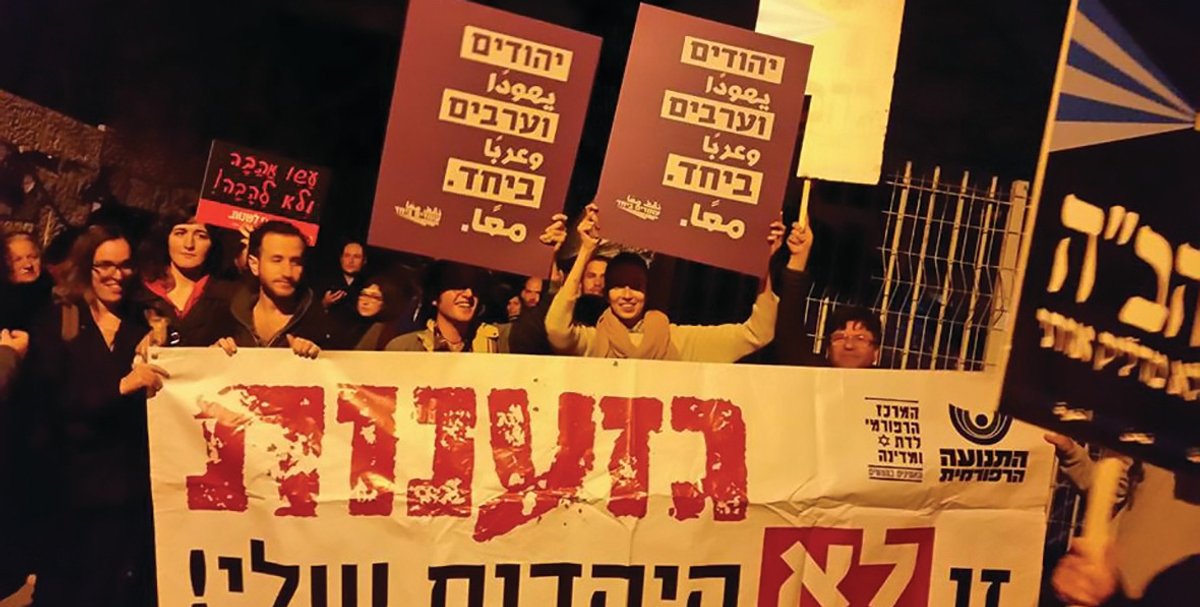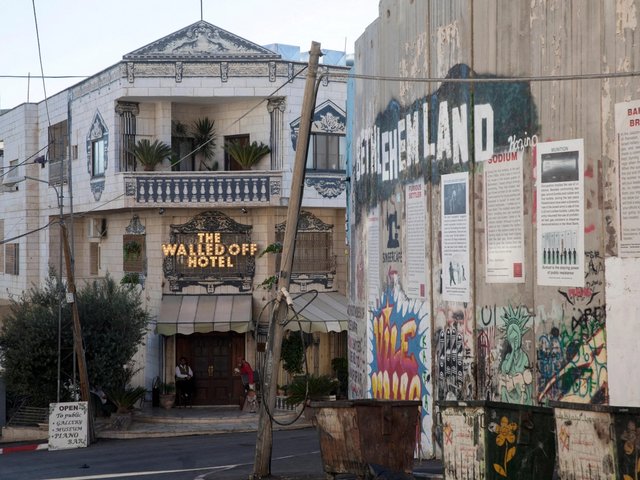A Jerusalem art gallery faces eviction from a municipal building after not heeding city warnings to cancel a politically-charged talk. While artists are calling the eviction notice censorship, the gallery says it will fight to keep its rightful place in Jerusalem city center.
The non-profit Barbur gallery on 8 February hosted Breaking the Silence, a group of Israeli combat soldiers who speak out against military rule over Palestinians in the West Bank and Gaza.
Barbur, which was given 90 days to move out, has been hosting speakers and artists from all backgrounds and opinions since its founding more than 11 years ago.
Only during the term of the latest culture minister Miri Regev, who has argued that funded artists or organizations must show loyalty to the state, had it received warnings.
Regev said in a statement that the gallery was forbidden from holding political activities on city property and that the group “hurts Israel’s image.”
The Israeli Prime Minister Binyamin Netanyahu and other right-wing politicians have called Breaking the Silence traitors and make efforts to curtail their activities.
In a statement from City Hall, the mayor of Jerusalem, Nir Barakat, said that the eviction “has no connection to freedom of speech” but the gallery had contradicted rules for city buildings.
But Masha Zusberg, the gallery’s co-founder and director, tells us that Barbur never had a contract outlining rules about political activities. “This is an attempt to tell us what subjects can be in the gallery. This is a shutting of our mouths.”
Yonatan Amir, the co-editor of the Israeli art magazine Erev Rav, calls the eviction “political censorship”. It will also hurt local religious and neighborhood artists holding exhibitions, retirees taking art classes, and other free activities, including a public garden, concerts, films, classes and lectures that benefit the community, regardless of religious or political affiliation, he says.
Barbur's director says that the gallery is still operating in full-swing.
"We don't plan to move anywhere. We continue to get a lot of support," Zusberg said in mid-March. "We believe that we have a strong case in the court if it will go there."



